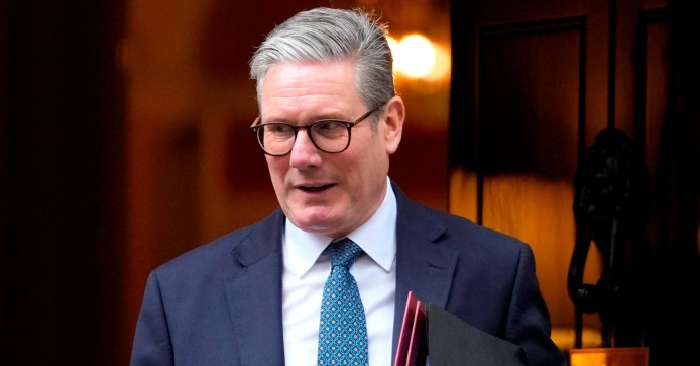By Enyichukwu Enemanna
The British government said Thursday it plans to allow 16- and 17-year-olds to cast ballots in general elections, a landmark change likely to position the UK as one of the lowest voting ages globally.
This is one of the shifts promised by the ruling Labour Party ahead of its victory at the polls last year, a democratic change which some argue is “in crisis” due to low turnout among other issues.
The voting age change is expected to prove contentious, with critics previously arguing it is self-serving as newly enfranchised teenagers are seen as more likely to support the centre-left Labour Party.
“I think it’s really important that 16- and 17-year-olds have the vote, because they are old enough to go out to work, they are old enough to pay taxes, so (they) pay in,” Prime Minister Keir Starmer said.
“And I think if you pay in, you should have the opportunity to say what you want your money spent on, which way the government should go,” Starmer added.
The government will present a bill before the parliament, where it controls an overwhelming majority, to effect the changes.
Online databases indicate that only a few countries allow 16-year-olds to vote in national elections. They include Austria, the first EU country to lower the voting age to 16 when it made the shift in 2007 — as well as Argentina, Brazil, Ecuador and Cuba.
Labour ministers in the United Kingdom insist the change is intended to “modernise our democracy” and boost turnout, while aligning general elections with the existing voting age for elections for the devolved regional parliaments in Scotland and Wales.
Other planned changes include introducing automated voter registration, which is already used in Australia and Canada, and making UK-issued bank cards an accepted form of ID at polling stations.



































